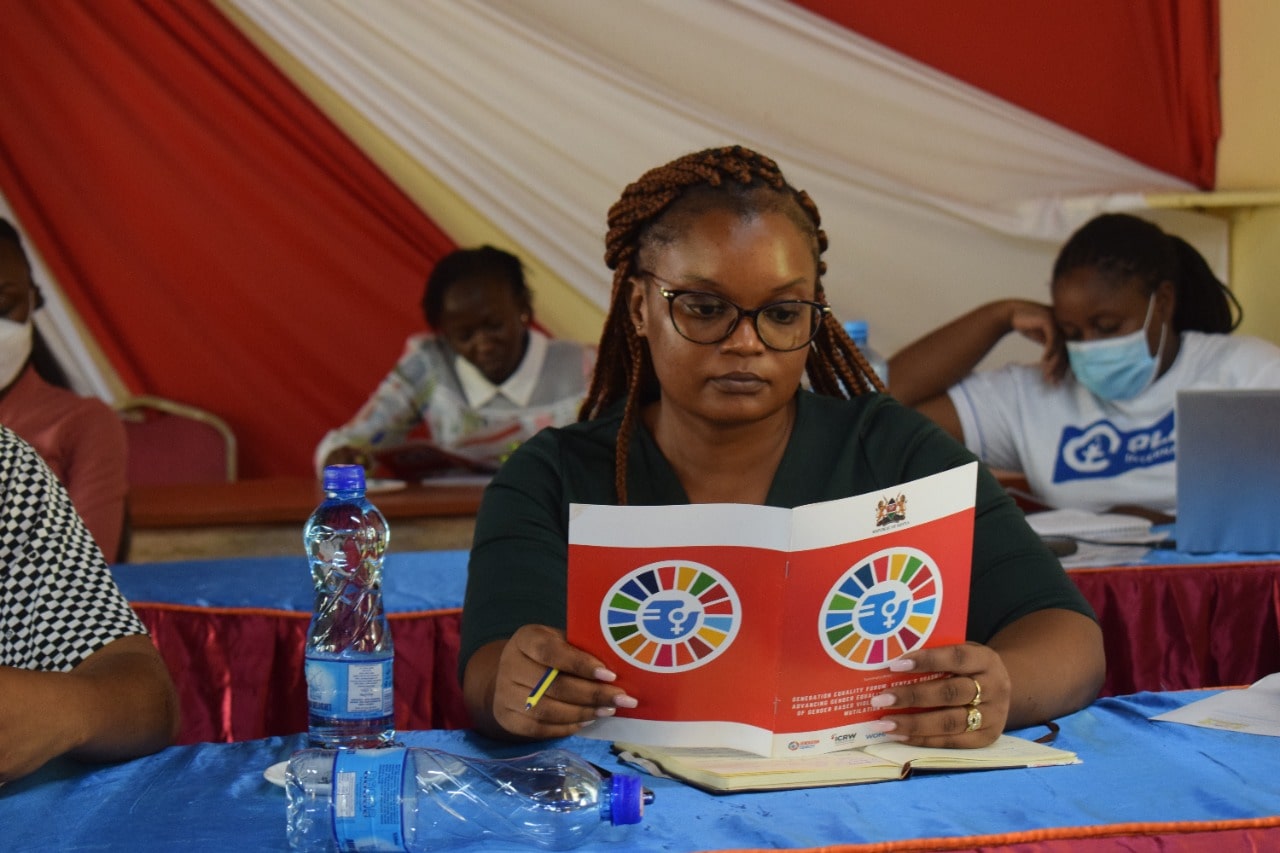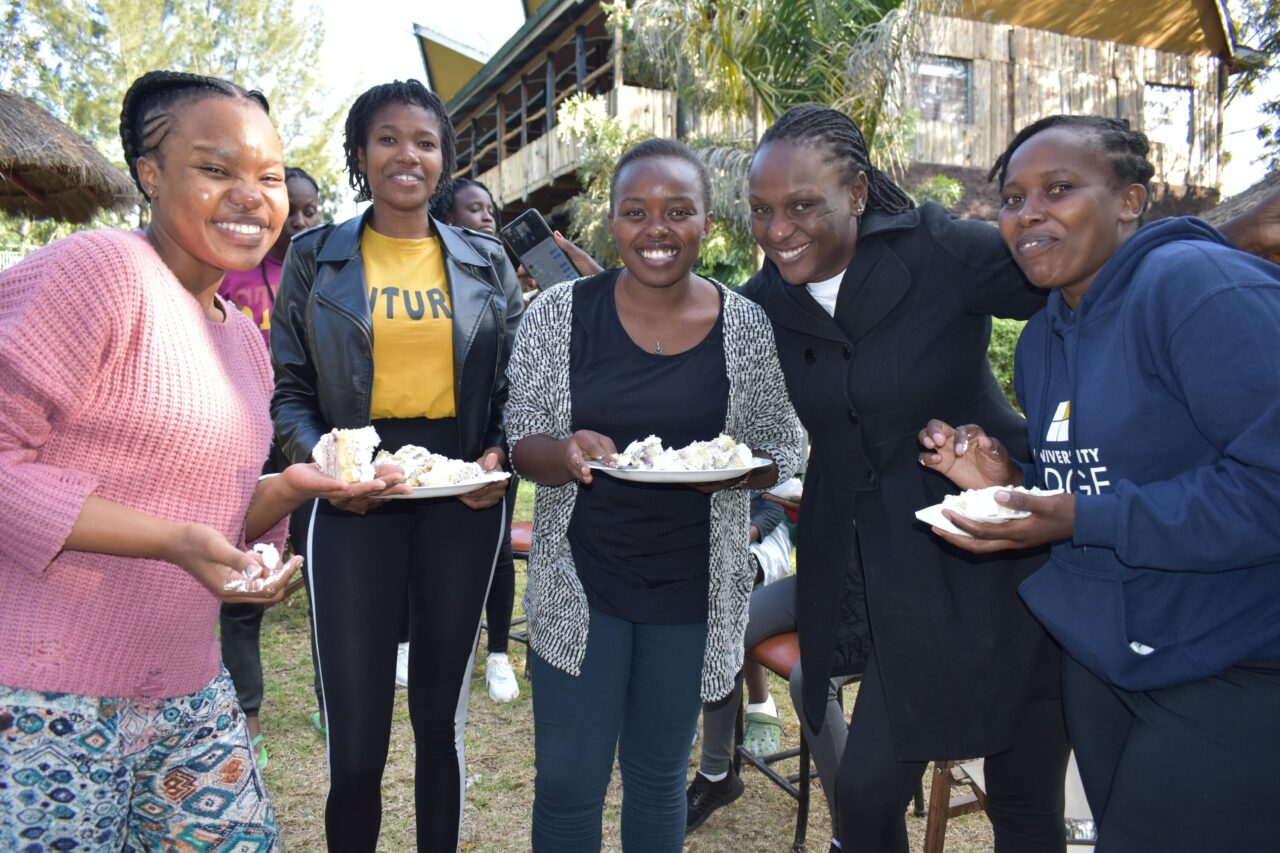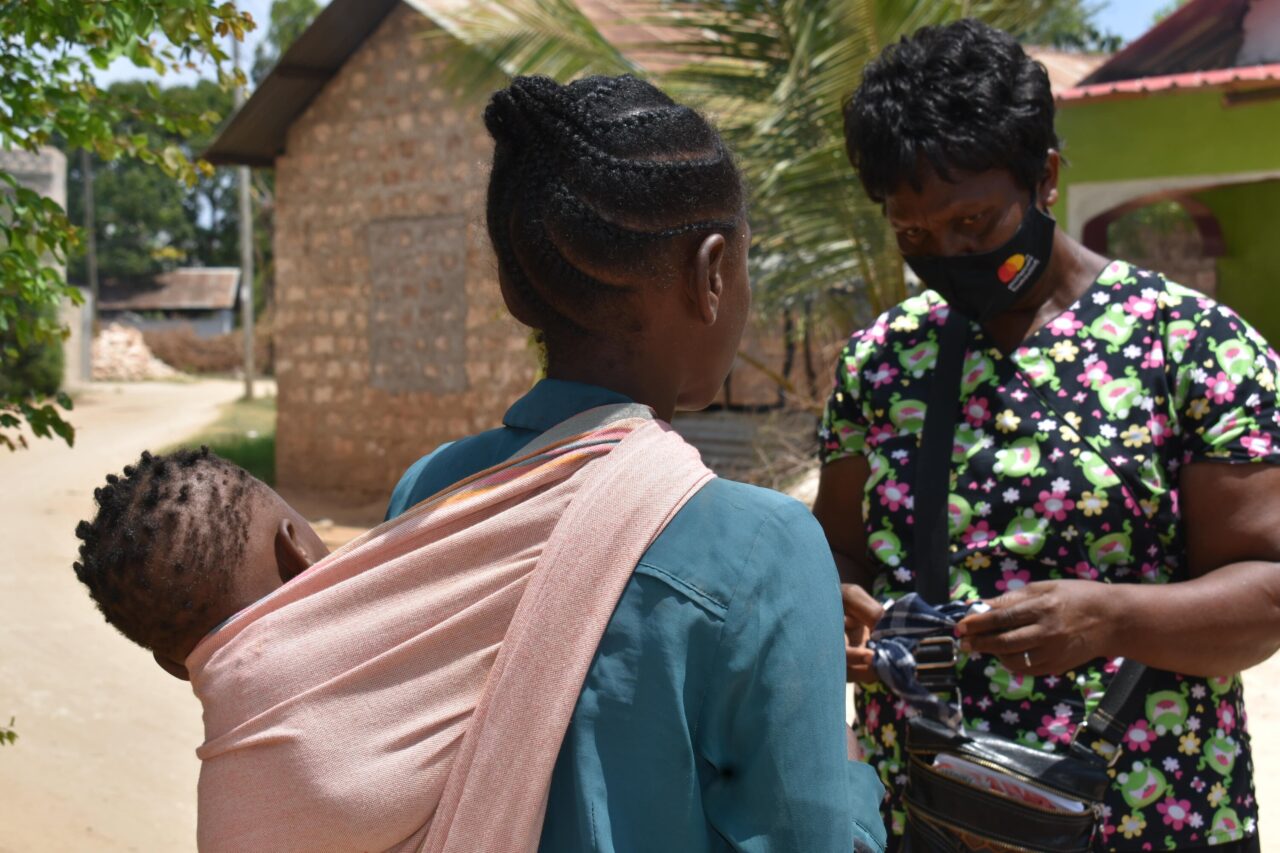In the year 2011, the Kenyan government passed the Prohibition of Female Genital Mutilation Act into law, imposing harsh criminal penalties for cutting. Global efforts have accelerated progress towards the elimination of female genital mutilation (FGM) for the past decade.
 In cultures where FGM is entrenched in tradition and social norms, it takes courage to speak up against it. One such voice is that of 62 year old Nooretet Saidimu from Olootingual village in Narok County. The reformed cutter in now spearheading the protection of girls against the vice, albeit one village at a time. We were interested to find out what motivated the U-turn from a perpetrator to a protector.
In cultures where FGM is entrenched in tradition and social norms, it takes courage to speak up against it. One such voice is that of 62 year old Nooretet Saidimu from Olootingual village in Narok County. The reformed cutter in now spearheading the protection of girls against the vice, albeit one village at a time. We were interested to find out what motivated the U-turn from a perpetrator to a protector.
Why is Female Genital Mutilation (FGM) still being carried out?
Female genital mutilation was part and parcel of our life because it is a culture we found in existence. It signified the rite of passage from a girl into womanhood. Once a girl had been circumcised, she was ready to be married off. Their ages would range from 9 year old to 15 year old girls.
Talk to us about how you became a circumciser and what really motivated you into the practice.
Money was my biggest motivation. During peak season I would cut almost 50 girls for Kes 3000. That was quick money. I have been a traditional circumciser for over 20 years. Unlike others, none of my siblings or even mother was a cutter. Majority of women in this community have gone through my hands. However, I noticed recently that the police officers as well as the area chief were on our case, claiming what we were doing was a crime. I confronted our area chief because his mother was a retired circumciser, whereas I am the one who circumcised his wife before he married her. I felt like he was misleading this current generation of young girls.
So how did you go about it since you were now being on the local administrators radar and where exactly was your turning point?
I started hiding the girls in the bushes, where we would do the initiation. Girls would be brought in the forest at night where I would initiate them and nurse them to recovery. One day the police got wind of what I was doing and came to rescue the girls in the forest. We took off with the girls who were nursing fresh wounds. Unfortunately one of them died due to excessive bleeding while we were being pursued by the police. Though I know lack of proper care and the cold in the forest must have contributed to her being weak as well. That was my turning point.
 Did you immediately let go off the practice and turned a new leaf?
Did you immediately let go off the practice and turned a new leaf?
One day some community champion came over to my place to have a candid discussion with me in regards to FGM. After we had that long discussion, she convinced me to go for some training that they were conducting in Narok regarding FGM. I was hesitant to go since I thought it was a trap to arrest me ( she chuckles covering her face) but I later on decided to go.
Other than being a “cutter” were you engaged in any other economic generating activity?
No. I solely looked forward to the initiation seasons. Once in a while I would do beadwork as a pastime activity but not for sale. For me FGM was not only part of my culture but also an income generating activity. When I decided to stop, my concern was how I was going to make money now that this stream of income had been closed.
What changed your mind and attitude towards FGM to the point of being a champion of girls education?
One day our trainers took us to a graduation ceremony in Meru county where a girl was being fated. I could not control tears in my eyes. I realised how I had hampered girls in my community from securing education and graduating to better their lives. That is when I swore not to champion for FGM, rather advocate for girls education.
Other encounters that affirmed your pursuit to protection of girls against FGM?
One day we were invited for a community forum with the local administrators here in Narok as reformed cutters. I noticed the District Officer is a Maasai woman from my community. I asked her privately if she had undergone the cut and if she was married. This is because girls in my community did not hold such high ranking positions at places of work. To my surprise, she confirmed not being initiated and was equally married to a Maasai man. That is when I realised that there are men who are marrying women who are uncut.
Another incident happened when I accompanied my fellow champions to a health facility in the neighbouring town. We visited the labour ward where women who were brought in ready to deliver were accommodated. I noticed those that had undergone the cut would take longer in labour and would sometimes develop complications, whereas the other ones took little time and delivered naturally. That is when the doctor confirmed to me that FGM has a direct implication to difficulty during child birth.
How has it been so far, championing for the protection of girls against FGM?
It has not been easy since we are in a patriarchal society, where men dictate our culture. I am engaging young men who I believe are the change makers and the ones who will transform this community. They are now championing for the protection of their sisters and are coming out publicly to marry women that are not circumcised. I am also standing up for my daughter who have not gone through the cut. One has graduated from university as a medical doctor, she is now a beacon of hope to her peers.
Any regrets?
It really pains me knowing that I was shedding innocent blood in the name of culture. I honestly pray that God forgives me for I was acting out of ignorance. For the remaining days of my life, I want to ensure this coming generation in my community does not go through what we went through.
Parting shot
I want to thank CREAW for taking us through the extensive training on effects of FGM. I feel like am living life afresh since I have a new purpose. I am skilled and very confident to talk about child protection and champion for girls education. Wacha wasichana wasome (Let our girls get education)
According to the Kenya Demographic Health Survey 2014, overall prevalence of FGM has decreased from 38 per cent in 1998, to 21 per cent in 2014. Various stakeholders are urging both state and non-state actors to allocate more resources to eradication campaigns, as FGM is still being carried out in some communities. Narok County is one of the counties in Kenya where FGM is still prevalent and is believed to have contributed to the high number of teenage pregnancy and child marriage.




 Another agent of change is Mellen Gisare Ragira. Her broad smile and active participation during a community dialogue, organized by a team from Nyamache Tea Factory in Kisii county, can be seen from a distance.
Another agent of change is Mellen Gisare Ragira. Her broad smile and active participation during a community dialogue, organized by a team from Nyamache Tea Factory in Kisii county, can be seen from a distance.
 Behind her enthusiastic baritone voice, is a woman who has battled many forces to secure her sanity and peace of mind. The Covid19 pandemic struck at a time when her business was struggling, worse still, she was not in talking terms with the father of her son. They had gone their separate ways.
Behind her enthusiastic baritone voice, is a woman who has battled many forces to secure her sanity and peace of mind. The Covid19 pandemic struck at a time when her business was struggling, worse still, she was not in talking terms with the father of her son. They had gone their separate ways.




 Paran Women Group is one of the 13 women rights organization groups supported by CREAW through the Women’s Voice and Leadership project that aims to strengthen institutional capacity and interventions of local/grassroots women rights organizations seeking to empower women and girls to realize their rights and achieve gender equality.
Paran Women Group is one of the 13 women rights organization groups supported by CREAW through the Women’s Voice and Leadership project that aims to strengthen institutional capacity and interventions of local/grassroots women rights organizations seeking to empower women and girls to realize their rights and achieve gender equality.








